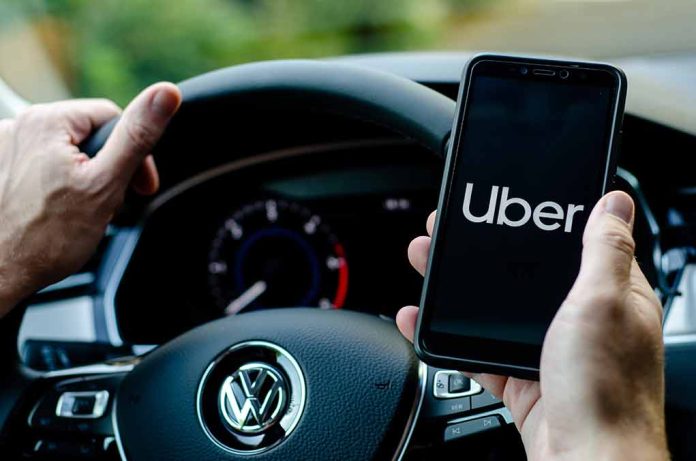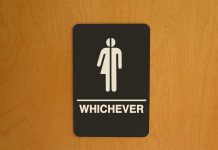
(USNewsBreak.com) – Nearly two million people drive for rideshare companies Uber and Lyft to make extra money. Some even make it their full-time job. However, concerns have always surrounded the pay rates that drivers receive. In Minnesota, the future of the rideshare companies’ availability is up in the air in one of the state’s major cities as legislators have become involved.
Minneapolis Ordinance
Uber and Lyft have both announced plans to leave Minneapolis following the passage of a City Council ordinance mandating higher pay rates. The rideshare companies would have to pay those rates while their operators worked within city limits. The ordinance requires a minimum rate of $0.51 per minute and $1.40 per mile. Should the trip be short, a driver would receive a minimum of $5 per fare, even if that sum exceeded the per-minute or mile rate.
The Minneapolis City Council passed the ordinance to ensure drivers would receive a minimum hourly wage of $15.57 commensurate with other workers in the city. Yet conflicting information from the state’s Department of Labor and Industry, which conducted a study, revealed drivers could reach that same hourly rate if the companies agreed to pay $0.49 per minute and $0.89 per mile. Uber and Lyft agreed to support the state’s lower figures but say they will pull their services from the city if the Minneapolis ordinance goes into effect on May 1. The city’s mayor initially vetoed the ordinance, but the Council over overrode it in March.
Lyft has said if the measure comes to fruition, it will continue to serve the airport, but its drivers won’t pick up or drop off passengers anywhere in the city. However, an Uber spokesman said the company would end its service in Minneapolis and the Twin Cities metro area.
Minneapolis is home to more than three million people. Most of those who use rideshares do so to go to local stores for necessities, including Target and Cub Foods.
Not Their First Rodeo…
This issue isn’t the first time the rideshare companies have threatened to pull out of a metropolitan area. In 2016, they abandoned Austin, Texas, after lawmakers mandated background check requirements, including fingerprinting. The stand-off lasted a year, until May 2017, when lobbyists convinced the Texas Legislature to overturn the ordinance.
While smaller rideshare companies popped up in the giants’ absence, they eventually faltered, unable to keep up with demand. One particularly bad instance involved the South by Southwest Festival, where their systems crashed, showing that the smaller competitors were no match for Uber or Lyft.
If the Minneapolis City Council doesn’t consider the resolution for a compromised rate structure, many could be out of a service that has become commonplace across the US.
Copyright 2024, USNewsBreak.com












